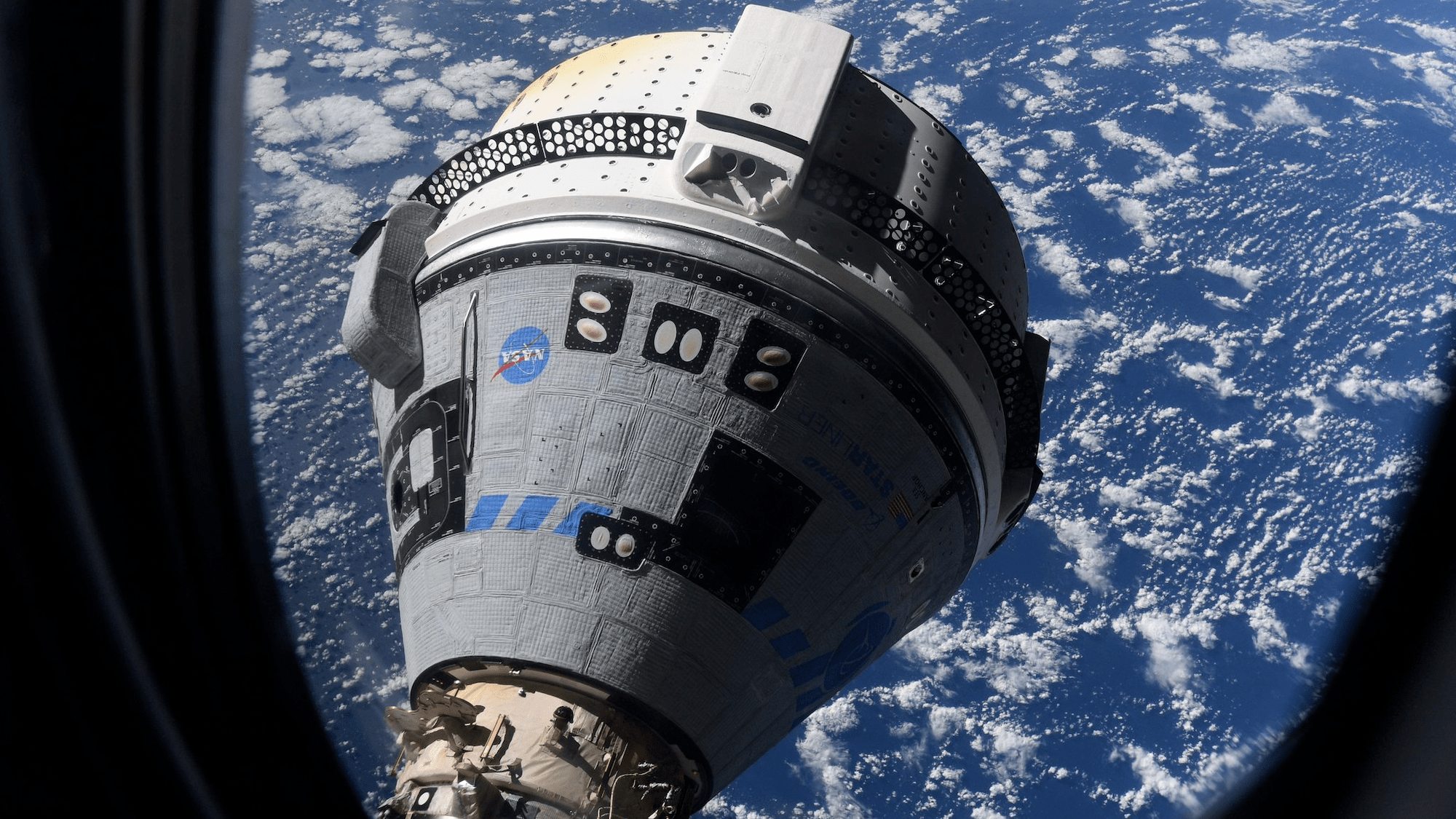

They were noises even a veteran astronaut admitted he wouldn’t ever want to hear in space. On August 31, Boeing Starliner’s (not) stranded crewmember, Butch Wilmore, radioed NASA from aboard the International Space Station with yet another perplexing problem—a speaker aboard the already malfunctioning spacecraft had begun to emit inexplicable pinging sounds.
“There’s a strange noise coming through… I don’t know what’s making it,” Wilmore explained to mission control on Saturday. “… I’ll let y’all scratch your heads and see if you can figure out what’s going on.”
The full conversation, first highlighted by meteorologist Rob Dale on the NASA Spaceflight forum and subsequently reported by Ars Technica, lasted less than two minutes. After holding a microphone to the speaker, Wilmore’s audio highlighted a clear, semiregular echoing resembling the tone often heard in submarines—or Alien franchise films. An unnamed NASA worker then confirmed they could also hear the mystery pattern through their communications relay.
“And, Butch, just to make sure I’m on the same page, this is emanating from the speaker in Starliner? You don’t notice anything else—any other noises, any other weird configs in there?” they asked before confirming they would investigate.
“There are several noises I’d prefer not to hear inside my spaceship, including this one that Boeing Starliner is now making,” former Canadian astronaut Chris Hadfield posted to X along with a clip of the pings on Sunday.
After a day’s worth of internet speculations, NASA posted an update to the social media site on Monday confirming the “pulsing sound… has stopped.” According to the agency’s analysis, the noises resulted due to the audio configuration between Starliner and the ISS.
“The space station audio system is complex, allowing multiple spacecraft and modules to be interconnected, and it is common to experience noise and feedback,” NASA explained, adding that crewmembers are asked to always report any inexplicable sounds within the comms arrays. The feedback, while potentially unnerving, posed “no technical impact to the crew, Starliner, or station operations,” including Starliner’s uncrewed undocking currently scheduled for no earlier than September 6.
[Related: Starliner astronauts are watering plants and fixing urine pumps on ISS.]
Although odd-sounding radio blips are reportedly normal occurrences on the ISS, the current status of Boeing’s first reusable spacecraft is both unprecedented and accidental. After years of production delays followed by weeks of technical difficulties, Starliner finally launched with two crew members on June 5. Wilmore, fellow astronaut Suni Williams, and NASA ground control reported issues almost immediately during its trip to the ISS. After successfully docking with the station, engineers soon confirmed multiple thrusters were malfunctioning, and have since spent weeks attempting to solve the problems. What was originally scheduled to be an eight-day mission for Wilmore and Williams is now a multi-month visit to the ISS that will actually make them part of NASA’s Crew-9 rotation.
At this point, the pair aren’t due to return to Earth until February 2025—leaving them plenty of time to occupy themselves with science experiments, urine pump maintenance, and potentially uncovering more spooky sounds.
